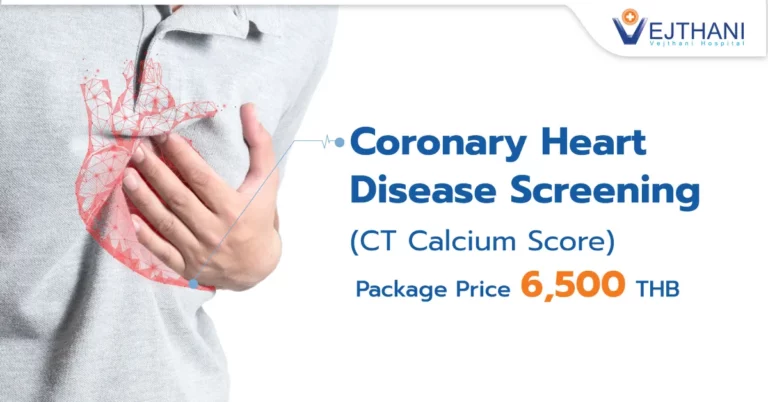

The heart is composed of four chambers, each separated by valves that ensure proper blood circulation throughout the body while preventing any backflow. However, when the valves fail to function, it can lead to valve damage and narrowing of the valve, known as valvular stenosis, which occurs when thickened tissue prevents the valve from opening entirely. And valvular regurgitation happens when the valves fail to close properly. These conditions can impair heart function, potentially leading to heart failure.
There are currently two primary surgical methods to repair damaged heart valves: open-heart surgery and minimally invasive surgery (MIS). Open-heart surgery is the standard method where the doctor cuts through the breastbone to access the heart. This involves a large incision in the middle of the chest, typically about 10 centimeters. This approach is suitable for patients with severe conditions or when combined with other procedures, such as coronary artery bypass grafting or aortic valve replacement.
Minimally Invasive Heart Valve Surgery is the Latest Procedure for Heart Valve Treatment
Minimally invasive heart valve surgery involves the use of specially designed surgical instruments. The procedure is performed through the right ribcage, with a small camera inserted through a tiny incision to get a magnified 3D view with depth perception. A heart-lung machine is connected through the groin area to support lung and heart function, allowing the surgeon to temporarily stop the heart’s function and safely repair or replace the valve.
When the heart is stopped, the surgeon will assess the pathology of the damaged heart valve and consider repairing the valve with the proper techniques, such as stitching synthetic cords to replace torn parts, placing an annuloplasty ring to tighten the valve, or replacing it with a prosthetic valve if the original valve is too damaged to repair.
Enhancing the Success and Safety of Heart Surgery through Endoscopic Technique
Endoscopic heart surgery is as safe as traditional surgery but causes less pain, allows for faster recovery, and enables patients to return to their daily lives and work sooner. Additionally, it reduces the length of stay in the ICU, shortens the hospital stay, and significantly improves surgical outcomes, especially in elderly patients with multiple diseases and high-risk factors.
For those who suspect they might have heart disease or are considering heart surgery, consult with a cardiologist for accurate diagnosis at the Comprehensive Cardiac Center on the 5th floor of Vejthani Hospital. We offer comprehensive heart disease treatment with a specialized medical team and advanced medical equipment, including the latest diagnostic tests, heart surgery for all cardiac conditions, and cardiac rehabilitation.
For more information, please contact
Cardiac Center, Vejthani Hospital
Call: (+66)2-734-0000 Ext. 5300
English Hotline: (+66)85-223-8888
- Readers Rating
- Rated 5 stars
5 / 5 ( Reviewers) - Spectacular
- Your Rating






























